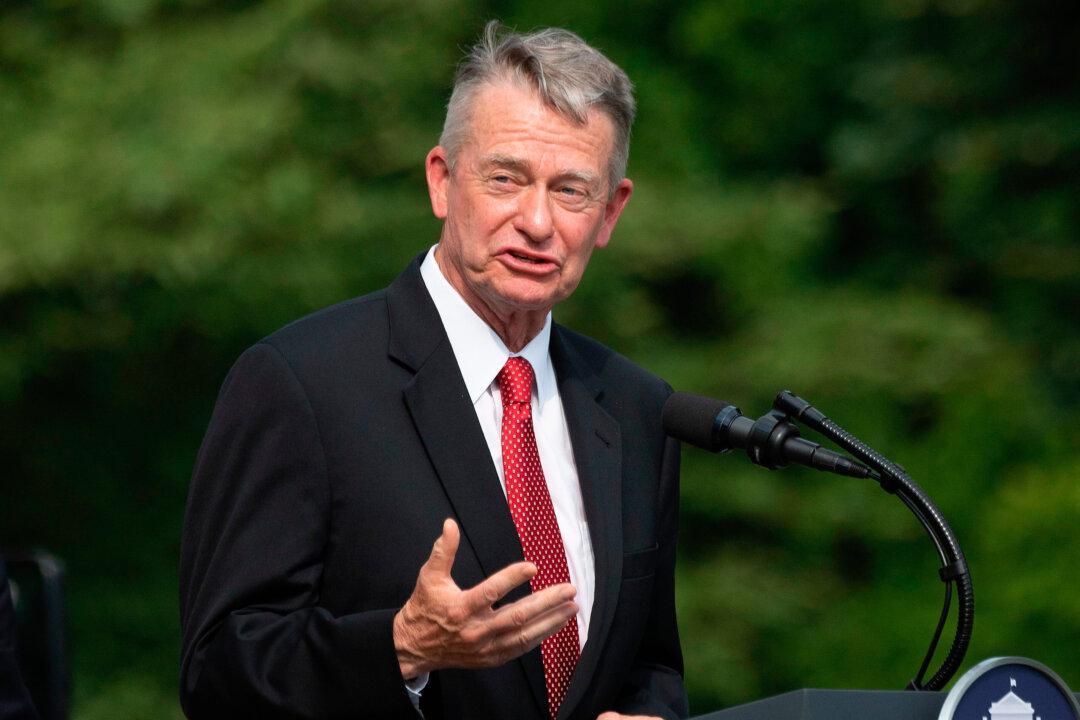Idaho Gov. Brad Little signed legislation into law on Friday that added firing squads as an alternative method of execution for the state’s death-row inmates.
The bill—dubbed House Bill 186—stipulates that the form of capital punishment will only be used if the state is unable to obtain the drugs needed to perform lethal injections.





